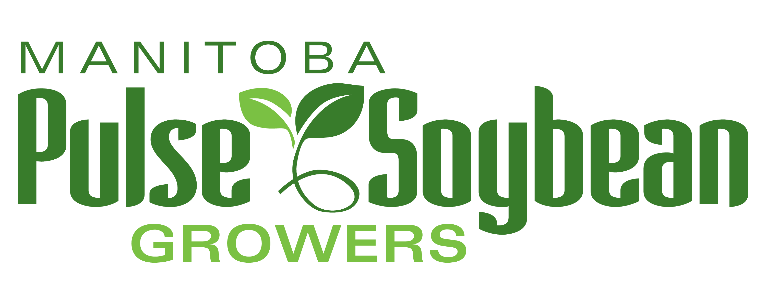In dry bean production, the use of high quality seed is very important as it can account for a large part of the input costs. The presence of seed-borne pathogens can lower dry bean yield and seed quality. Currently several management practices including cultural, chemical, and genetic controls are used to lower disease incidence and severity. Even with those control practices, seed-borne diseases are still difficult to manage. Therefore, the use of an alternative control method, microwave radiation, was tested to determine the effect on seed germination and pathogen viability of Xanthomonas axonopodis pv. phaseoli (Xap), Pseudomonas syringae pv. phaseolicola (Psp) and Colletotrichum lindemuthianum. The application of a microwave treatment did not lower seed germination and had little impact on Xap, Psp, or C. lindemuthianum in the field. The addition of chemical treatment to microwave radiation or on its own also had limited impact on disease control.
Thermotherapy for the Control of Seed-borne Diseases in Dry Beans
Crop
Start Date
2012End Date
2013Principal Investigator
Chris Gillard University of Guelph (Ridgetown)
MPSG Financial Support
$15,000External Funding
Total Project Funding
$15,000File
Research Objectives
Develop an effective thermotherapy procedure for common seed-borne diseases in dry beans, including common bacterial blight, halo blight and anthracnose. Determine the impact of acceptable thermotherapy procedures on the germination and vigour of dry bean seed. Provide our findings to Canadian plant breeders and seed industry partners, to assist in the development of commercial thermotherapy procedures for nuclear and/or commercial seed lots.Related Topics
News
News
